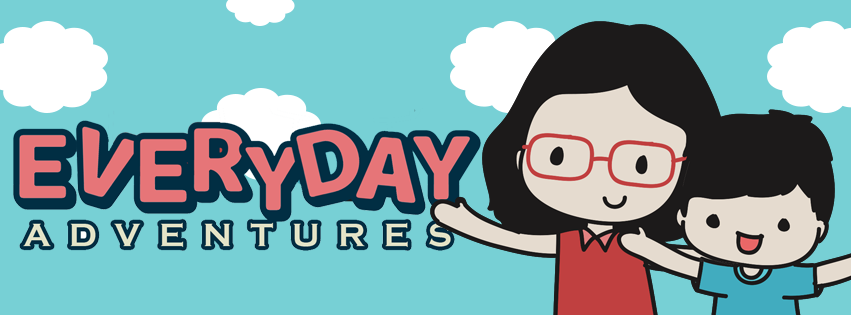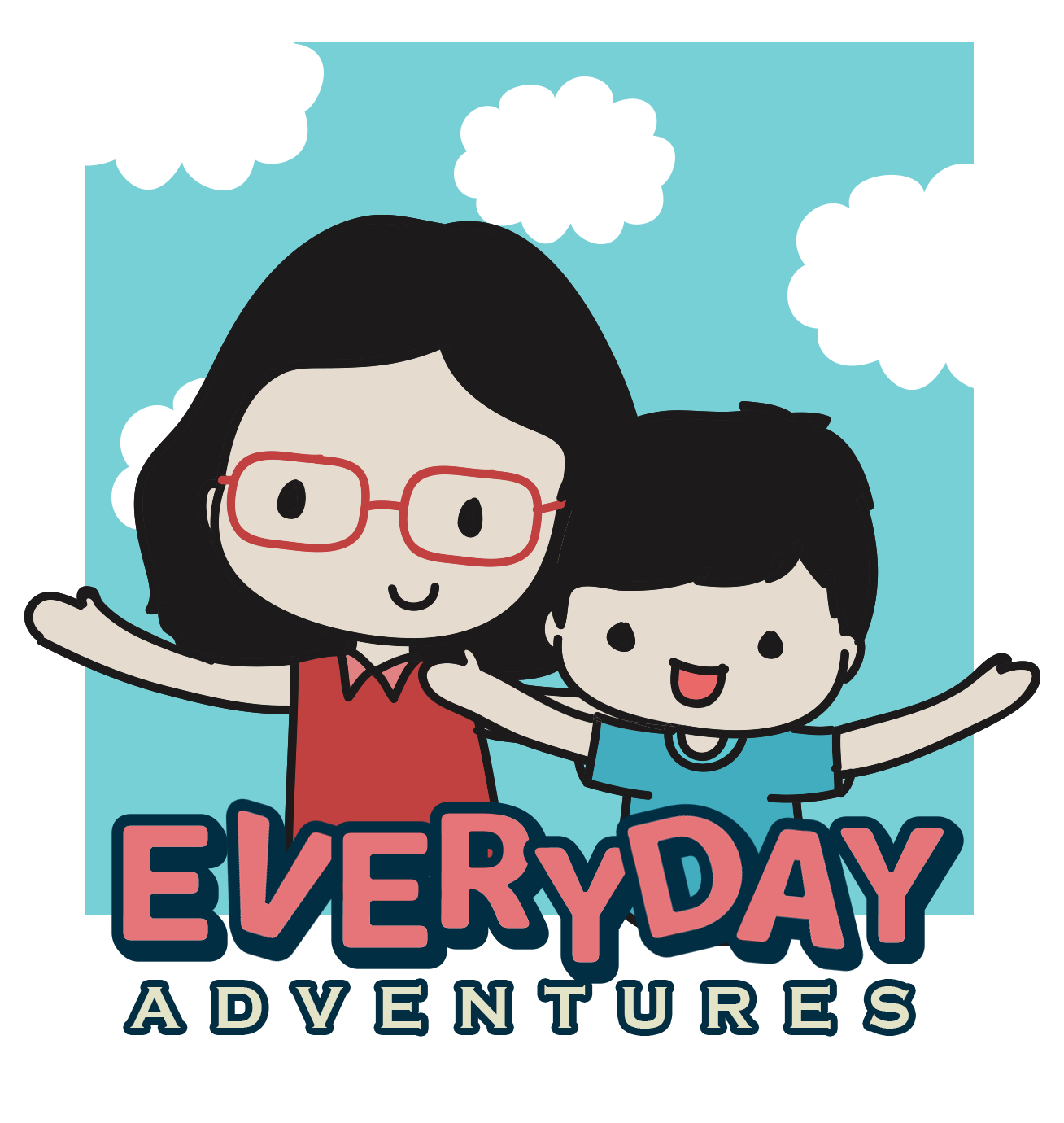Am I Really Homeschooling? I'm Confused!
By Mommy Donna and Kib - February 01, 2016
Don't worry my friends, I'm still homeschooling. I am not even confused nor thinking of putting my son to a regular school at the moment. I posted this question because a lot of people in the homeschooling community thought they're doing homeschooling, but technically, they're not.
 |
| Am I really homeschooling? |
Homeschooling, literally, it means learning or studying at home. The word 'school' in homeschooling also means that you teach the things that a child usually learns in school. However, in reality, homeschooling is actually teaching your child the things that aren't usually taught in schools. Homeschooling is also a way of strengthening the bond between parent and child. I also do believe that homeschooling is a calling, a God-led advocacy, a child-centered approach on education. Not all families are called to be homeschooled, so I guess there should also be respect on the decision made by the families who decided to homeschool. No judgment, no discrimination, no prejudice please.
 |
| Let's learn! |
Homeschooling can come in different ways and methods. Let's see their differences:
 |
| Learning is fun when you learn together |
1. Homeschooling with a provider -- Some homeschooling families opt to enroll in a provider so that the children will still have credentials should they decide to study in a brick and mortar school in the future. This is the 'safest' and practical way to homeschool. There is a curriculum to follow and parents should comply with the deadlines set by the school especially in grade and project submissions.
2. Independent homeschooling -- Some homeschooling families decided not to enroll in a homeschool provider due to some reasons. They chose not to be tied up with a provider because they do not believe in grading system as a way to measure child's academic success. They like to have flexibility in the lessons. They can choose the curriculum for their children (some homeschool providers have specific curriculum, so if the parents think that the curriculum does not work for their children, they have no choice but to comply with the school requirements). Some families chose this route due to financial reasons too (if enrolled in a homeschool provider, families have to pay the necessary fees).
There are also different kinds of educational philosophies that homeschooling families can embrace on their homeschooling journey. There's Charlotte Mason philosophy, Montessori method, Waldorf education, classical homeschooling, among others. Either a homeschooling family adapt only one educational philosophy or combine two or more philosophies so to further develop the child's learning potential.
Meanwhile, there is another philosophy in homeschooling which is called unschooling. This is the most 'radical' form of homeschooling philosophy. No textbooks, no structured lessons, no grades. Basically, this is interest-led type of learning. This explores what the child is interested in and the parent will be providing him/her opportunities to enrich the child's interest. Read more about unschooling from this website, http://unschooling.com/.
Some parents, on the other hand, chose 'other' ways of homeschooling to their children as they are not that sure if they are fully capable of homeschooling their children. But if you will go back to the original meaning of homeschooling, the following kinds of set-up are not really homeschooling:
3. Home Study -- Some traditional schools now in the Philippines are now offering home study program. This is an option for those families who are still a little bit unsure about their child learning to interact with people. Children go to school at least once a week to learn with classmates in a classroom set-up.
4. Blended Learning -- This is a more modern way of home study program. In blended learning, children still go to a center at least once a week to learn with other children too, but the set-up is more relaxed compared with home study. Most of the time they learn about other stuff outside their home, like creative writing, arts and crafts, robotics, etc.
5. Enrichment Learning -- Kids still to go to a regular school but parents send their children to an after-school program to further enhance their children's skills. Sometimes, parents supplement their child's learning in school by giving extra worksheets to work on at home.
 |
What about you, what kind of homeschooler are you?
















2 comments
Hi Donna, how are you?
ReplyDeleteI, too is a homeschooling mum and using SOT homeschooling materials. Your name was referred by Tina from Truly Rich and Blessed blog. Are you using SOT PACES and what is your review on them? Would greatly appreciate your feedback.
Many thanks.
Hello there! Hi yes, I know Tina :) Yes, we have been using PACES for three years now. I may have a very biased review on PACES because I used PACES myself when I was in gradeschool (school-based learning though). If you would want to raise an independent child and have a love for reading, then PACES is for you :) Honestly, my hands are already full to prepare for daily lessons because I am also a work-at-home mom :)
DeleteYou may check out my earlier blog posts about PACES here:
http://homeschoolerkib.blogspot.com/2012/05/school-of-tomorrow-our-homeschool.html
http://homeschoolerkib.blogspot.com/2012/09/level-2-yahoo.html
Thanks for dropping by!